Estate
Managed under a Higher Level Stewardship Scheme and designated a Site of Special Scientific Interest (“SSSI”), the 3 miles of footpaths across the Iford Manor Estate can be enjoyed by all. BBC’s Wild Isles was partially filmed in the valley here.
natural LANDSCAPE
Three miles of footpaths cross the estate and can be enjoyed all year round, allowing people to get back to nature and soak in the natural, unspoilt beauty and deep peace of the Iford Valley. With land use recorded as pasture in the Domesday Book, and the ancient woodland of Friary Wood owned and managed by the estate, little has changed here over the centuries and we aim to keep it that way for generations to continue to enjoy.
Please keep to the footpaths and keep dogs on leads to ensure that the resident wildlife and wildflowers are not unintentionally disturbed.
Note that beavers and otters reside here in the River Frome. It is illegal to disturb beavers so please ensure that you do not go near the river in the fields. Thank you in advance for your help in keeping this valley a safe sanctuary for the wildlife who live here.
Gloriously diverse flora and fauna can be found here at Iford and we carefully manage the landscape under a Higher Level Stewardship Scheme, agreed with Natural England.
Site of Special Scientific Interest for Greater and Lesser Horseshoe bats
Part of the valley is designated a Site of Special Scientific Interest (“SSSI”) due to our large maternity roost (2nd largest in the UK) for the rare Greater Horseshoe bats.
Greater Horseshoe bats are a priority species on the UK Biodiversity Action Plan, and our work at Iford is to help sustain and grow this population. As of June 2023, Natural England currently estimate there to be just c. 10,200 Greater Horseshoe bats in the UK. They require varied foraging habitats, with their two preferred types being:
1) pastures with cattle; and
2) ancient semi-natural woodland.
By grazing our grasslands here with our cattle, we are providing plenty of ideal foraging ground for the Greater Horseshoe bats and their young. In particular, juvenile Greater Horseshoe bats feed almost exclusively on the small dung beetle, which is found where cattle graze, and essential to their survival. The dung beetles are extremely helpful at aerating and fertilising the soil naturally.
The ancient semi-natural woodland of Friary Woods is owned and carefully managed by us and provides the perfect complementary habitat to the pastures for the bats to forage.
Filming
We were delighted to have been used as a location in BBC’s Wild Isles with David Attenborough.
